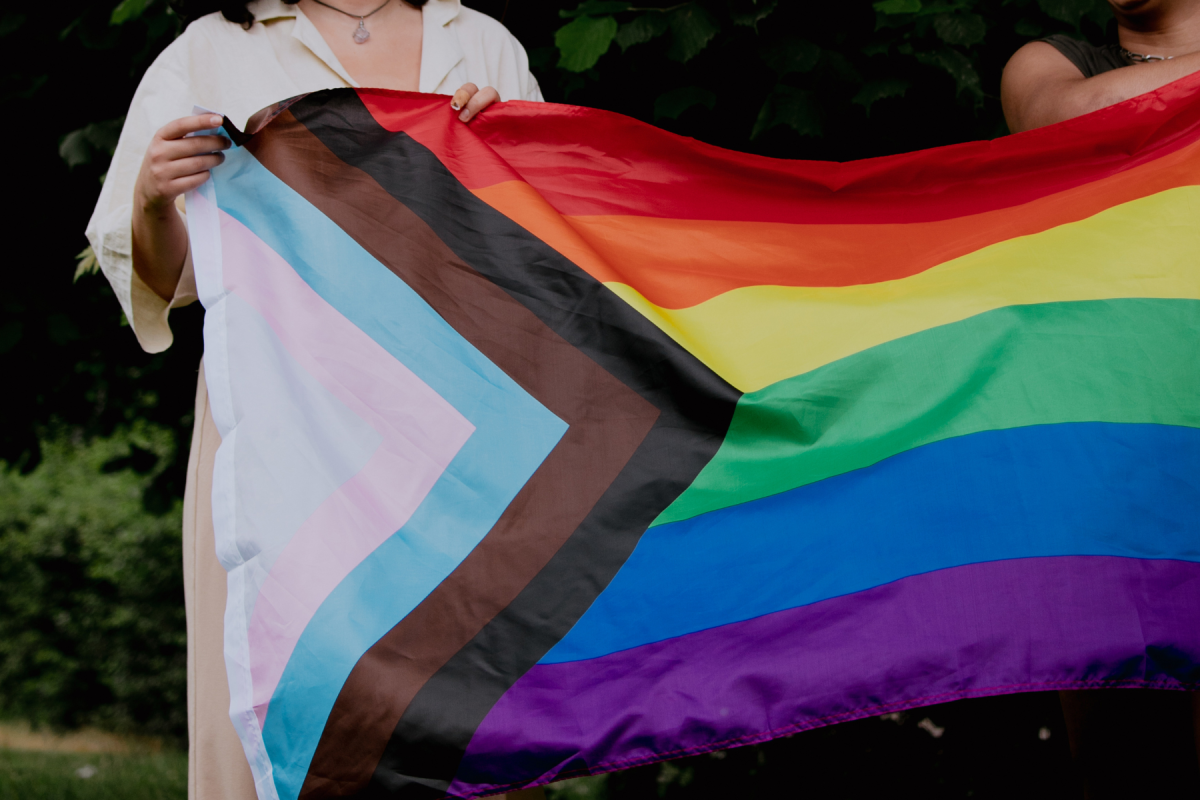California Attorney General Rob Bonta, along with 14 other U.S. states and the District of Columbia, filed a joint lawsuit against President Donald Trump on Aug. 1.
The suit was in response to the Trump administration’s executive order from January that said the United States will no longer fund gender-affirming healthcare for any individual under the age of 19, according to The White House.
Gender-affirming healthcare includes social, psychological, behavioral and medical interventions designed to support and affirm an individual’s gender identity, according to the World Health Organization.
In response to the executive order, medical centers have announced a pause on offering surgical treatments to patients, including Children’s Hospital Los Angeles, Stanford Medicine and Kaiser Permanente, according to CalMatters.
College Nurse Michelle Barkley said she imagines the impact that the executive order will have on transgender youth will leave them experiencing unhappiness.
“It’s hard to say, we’re still going to try to provide any type of resource we can to help students,” she said. “College health isn’t in the scope of a primary care provider to provide the hormones and other things for long term care, but we’re here to support.”
Barkley said the most important factor would be to make sure that an individual’s mental health is intact and that college nurses can refer students to mental health professionals that can provide further assistance.
The joint lawsuit, filed in Massachusetts District Court, states that Trump’s executive order unlawfully targets transgender individuals, which results in fear and intimidation.
Mental Health Advocate for the Los Rios Community College District Kat Gaston said the executive order could cause fear and worry for the start of greater issues to come in the future for the LGBTQ+ community.
Individuals may wonder ‘if this can happen what’s next?’ she said.
Kayno Vang, the student services assistant for the library, said as an individual who has grown up queer he has had to experience the fear of not having people to support him in his life. “It’s like that for trans folks too, if not worse,” he said.
In addition to navigating life as a teenager, Vang said the executive order adds more pressure to individuals who identify as transgender.
Vang said that the impact of this executive order not only gets rid of services and the environment of safety for transgender youth, but it also encourages transphobic people to be openly hateful and even commit hate crimes.
He said with Donald Trump and his presidency it gives transphobic people the freedom to be hateful without consequences.
Gaston said individuals being denied medical care based on their gender may make them feel like they’re not valued or worthy of being seen as who they are, which is damaging enough. She said as a result individuals can experience suicidal ideation and self-harming behaviors.
“I would want someone to validate me in my experience rather than say, ‘you’re too young and you don’t know it [gender identity] yet,’” she said. “I think the point is to listen, validate, encourage open dialogue, supporting the young human and figuring out what is right for them.”

